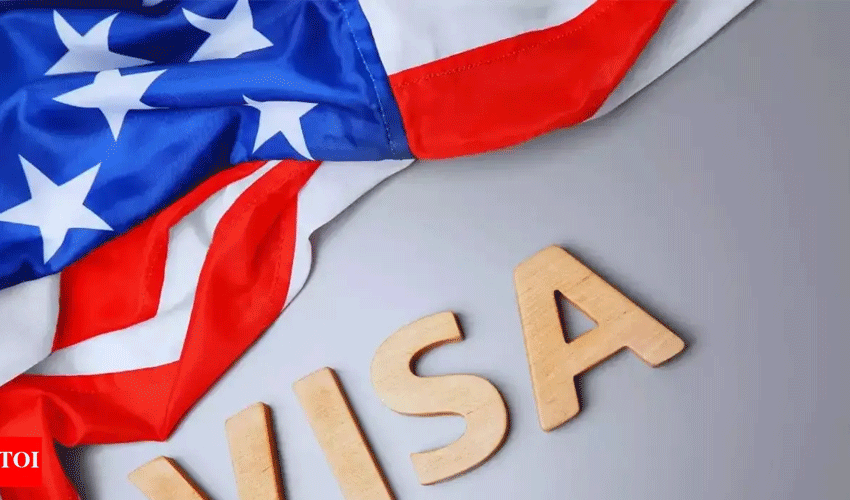The United States has announced it will begin enforcing visa bans on foreign officials involved in censoring Americans on social media. This move signals Washington’s escalated stance against international actions it perceives as undermining free speech.
Secretary of State Marco Rubio, who made the announcement, underscored that foreign authorities restricting online expression protected under US law will face consequences. He warned that issuing arrest warrants over posts made in the US or pressuring American tech companies to enforce global content rules affecting US users is “unacceptable.”
While Rubio did not name specific countries or individuals, this new policy marks a significant shift in US foreign policy aimed at safeguarding Americans’ rights to free speech in the digital realm.
The decision comes amidst rising tensions between US tech companies and some European governments over content moderation regulations. Notably, the European Union’s Digital Services Act (DSA), designed to make online platforms more accountable for illegal content, has drawn criticism from both US officials and firms. Meta, the parent company of Facebook and Instagram, has labeled the DSA as a form of censorship, and the Trump-appointed chairman of the Federal Communications Commission has warned the law excessively restricts freedom of expression.
In response to the EU regulations, Meta ended its US fact-checking program earlier this year, though it continues such efforts in Europe and Latin America. Meanwhile, EU regulators recently found that X (formerly Twitter), owned by Elon Musk, breached content moderation rules.
The European Commission defended the Digital Services Act as a necessary step to create a safer online environment and declined to comment further on Rubio’s announcement, describing it as a “general” statement.
Rubio’s remarks were made ahead of his meeting in Washington with German Foreign Minister Johann Wadephul, amid ongoing trade discussions between the US and the EU. The EU has been seeking to avoid threatened tariffs on European imports imposed by President Donald Trump.
The US administration’s criticism of European censorship is not new. Officials under the Trump administration have repeatedly accused European governments of suppressing right-wing voices, including criticism of immigration policies. Rubio himself closed a State Department office earlier this year that worked to counter foreign disinformation, accusing it of censorship and misusing taxpayer funds.
In a social media post, Rubio stated, “Whether in Latin America, Europe, or elsewhere, the days of passive treatment for those who work to undermine the rights of Americans are over.”
The visa ban policy has been welcomed by figures such as Chris Pavlovski, CEO of the video platform Rumble, who asserted that these foreign “enemies of free speech” attempt to override the US First Amendment.
The Brazilian government is awaiting clarification on the scope of the visa ban after Brazilian Supreme Court Justice Alexandre de Moraes clashed with US-based social media platforms over misinformation removal orders. Platforms including Rumble and X are currently engaged in legal battles related to these directives.
Vice President JD Vance also criticized content moderation during a visit to Paris earlier this year, labeling it “authoritarian censorship.”
Officials from the US State Department’s Bureau of Democracy, Human Rights, and Labor are engaging with EU governments, including France and Ireland, pressing for respect for freedom of expression, a department official stated.
In a recent op-ed, Samuel Samson, senior advisor for the bureau, accused Britain and Germany of censoring online speech and described the EU Digital Services Act as a tool used to “silence dissident voices through Orwellian content moderation.” He further criticized Europe for “digital censorship, mass migration, restrictions on religious freedom, and assaults on democratic self-governance.”



